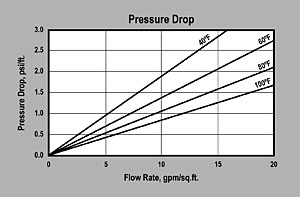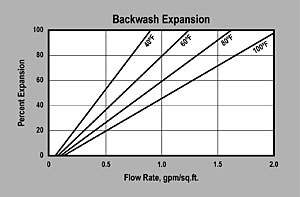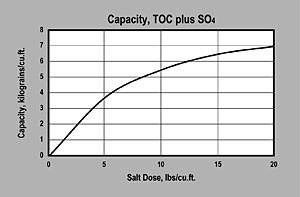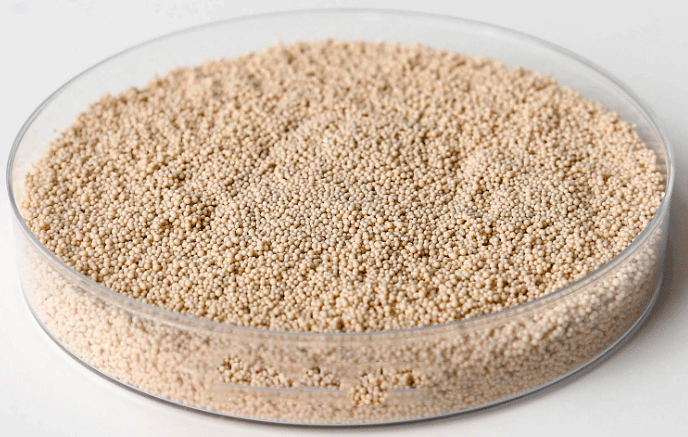| Specialty Resin |
 |
ProSelect™ Tannin |
| Request For Quote | |
| ProSelect™ Tannin (P/N ER20001) is the choice for color, organics, and tannin contaminated waters. It works as an organic screen, either as a stand-alone prefilter for a softener, or in some applications as a media which is simply added to an existing softener. ProSelect Tannin will sit on top of the existing softening bed to protect it and remove organic (heme) iron as well. ProSelect Tannin is iron resistant, regenerates with salt, and is the resin of choice for heme iron applications. | ||||||||||||||||||||||||||||||||||||||||||||||||||||||||||||||||||||||||||||||||||||||||||||||||||||||||||||||||||||||||||||
|
||||||||||||||||||||||||||||||||||||||||||||||||||||||||||||||||||||||||||||||||||||||||||||||||||||||||||||||||||||||||||||
|
|||||||||||||||||||||||||||



